Luminare: Piloting the Revised SPA
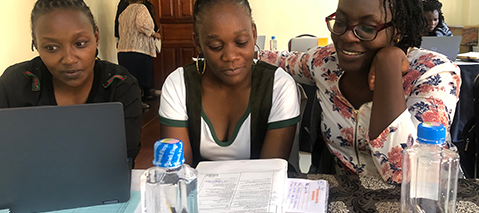
This blog post is part of Luminare, our blog series exploring innovative solutions to data collection, quality assurance, biomarker measurement, data use, and further analysis.
The Service Provision Assessment (SPA) is a health facility-based survey that was recently revised to address the increasing need for data about the quality of care in health facilities. The new SPA collects information on available health services as well as Quality of Care (QoC) measures that assess both structural and process quality. Structural quality covers human resources such as healthcare worker training, management, and supervision, as well as available physical resources like commodities, medicines, and equipment. Process quality is measured through observations of client-provider interactions and exit interviews with clients to better understand their experience of care.
To test the new SPA content and process and finalize survey materials, The DHS Program partnered with the Kenya National Bureau of Statistics (KNBS), the Nairobi City County Health Department (NCCHD), the Kenya Ministry of Health (MOH), and USAID Kenya to pilot the new SPA survey in Nairobi City County. KNBS hired 15 interviewers with medical backgrounds to collect data in a convenience sample of 30 health facilities.
Interviewers first completed online prework on The DHS Program’s Learning Hub to familiarize themselves with the SPA. The in-person training then took place in January 2024, covering the questionnaire content, consent statements, provider and client sample selection, other survey forms, the computer-assisted personal interviewing (CAPI) data capturing programs, and how to use the CAPI system to record quality data.
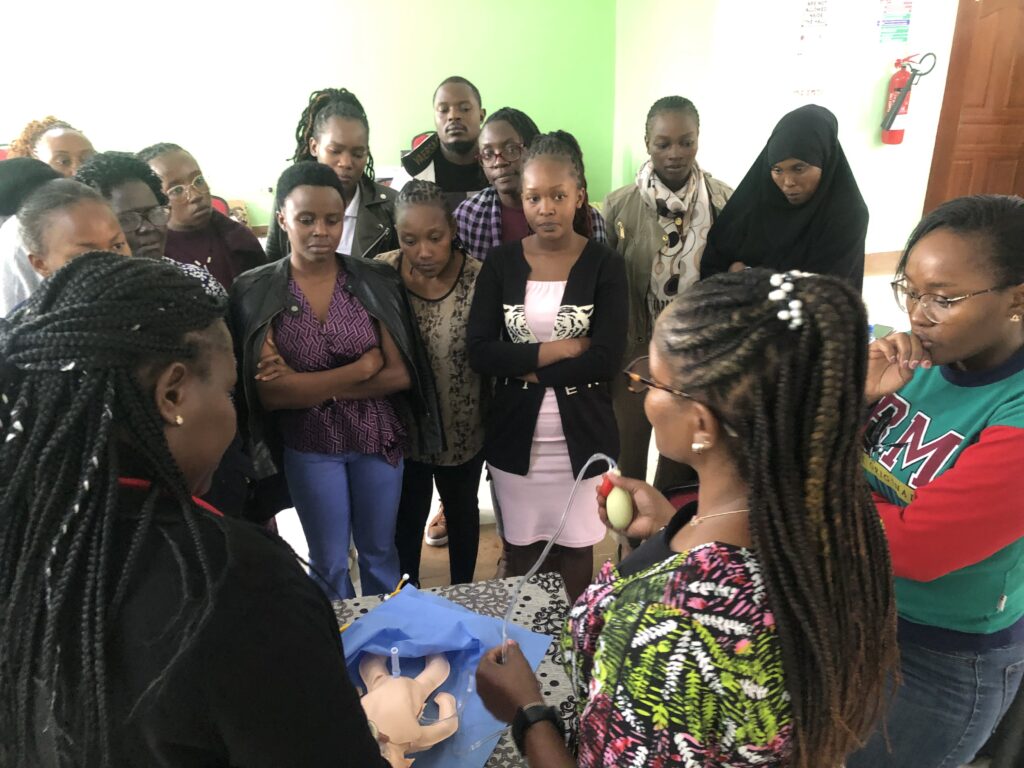
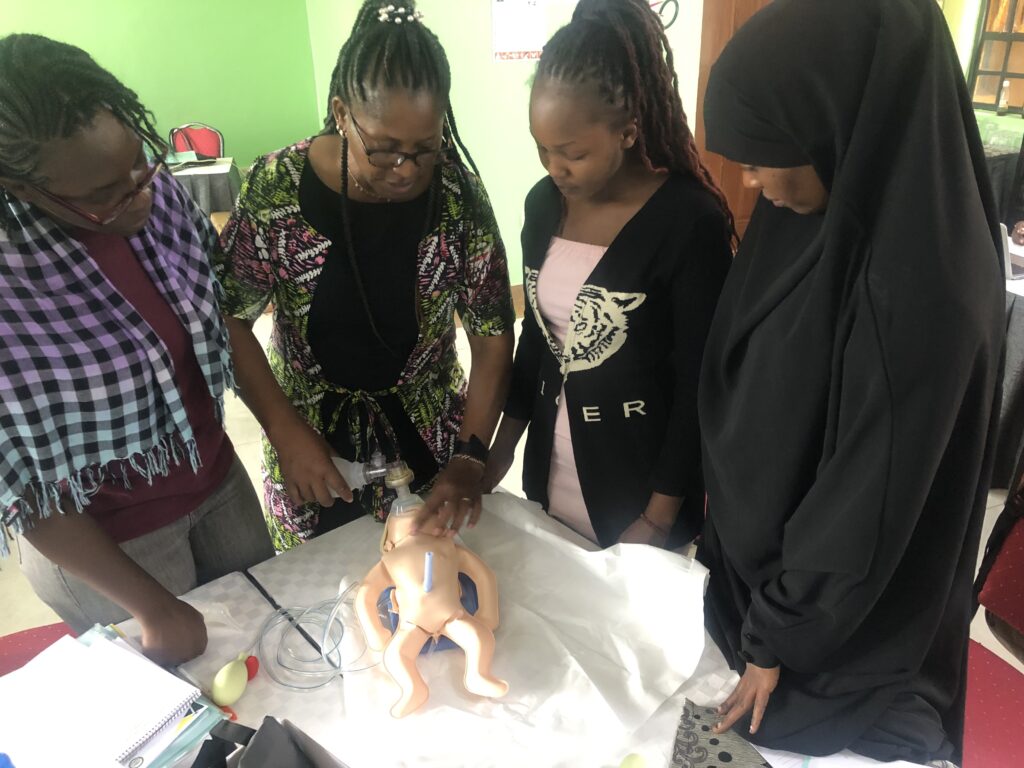
Interviewers were trained how to conduct the newborn resuscitation simulation, a new instrument in the revised SPA. A Kenya MOH trainer in newborn resuscitation facilitated a session followed by practice. Using an anatomic model and a scenario, the newborn resuscitation simulation assesses whether health care providers know the essential steps to help a distressed baby breathe. Interviewers learned the correct actions to be taken when a newborn is not breathing. They practiced reading the scenario, observing the respondent’s actions, and marking each activity as done or not done in the questionnaire.
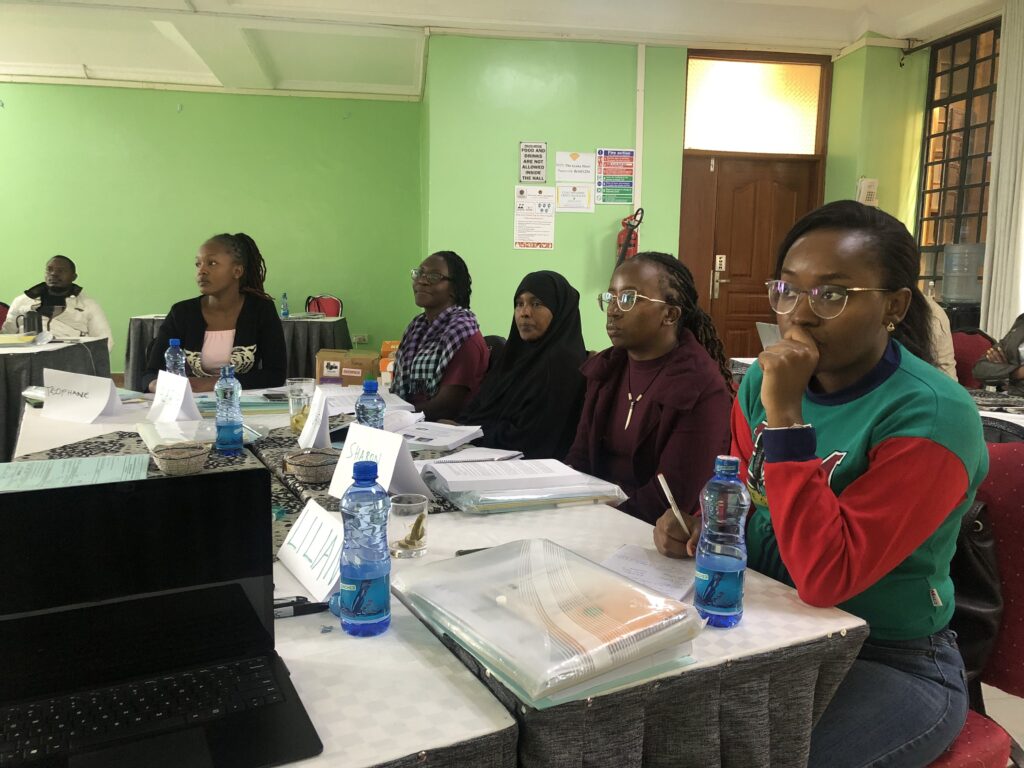
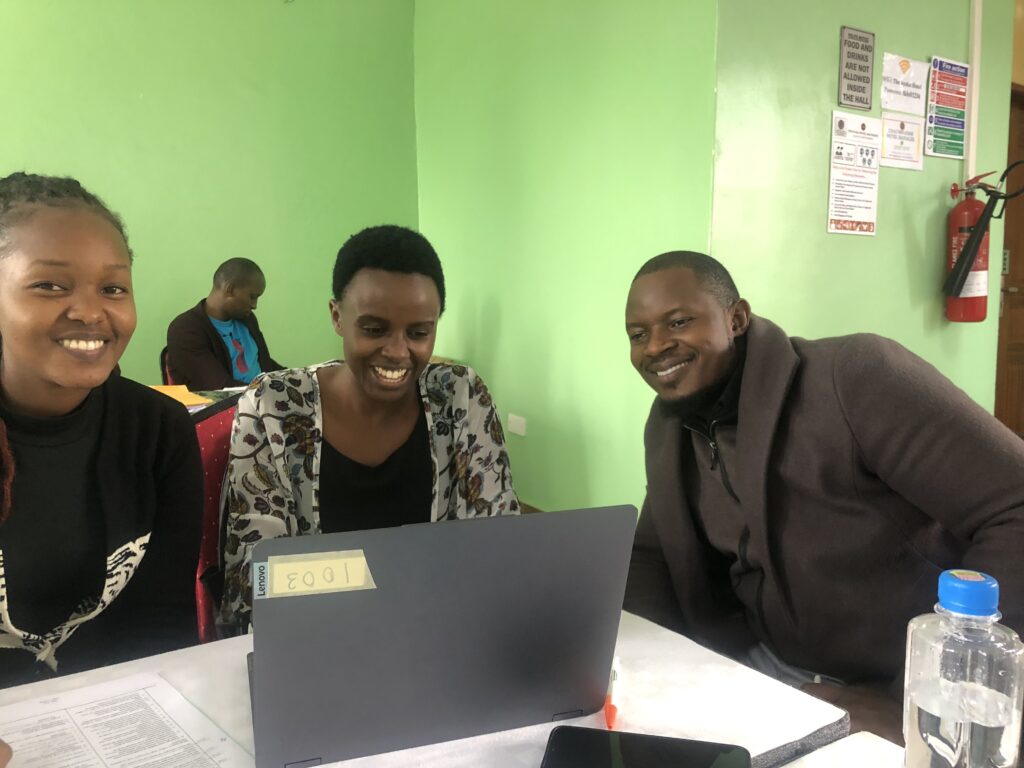
The training used adult learning principles of diverse facilitation methods to engage participants: lectures, individual work, alternate reading, group work, demonstration, video projection, role play, skit, and mock interviews conducted in Kiswahili. The training also included two field practice exercises in a health facility.
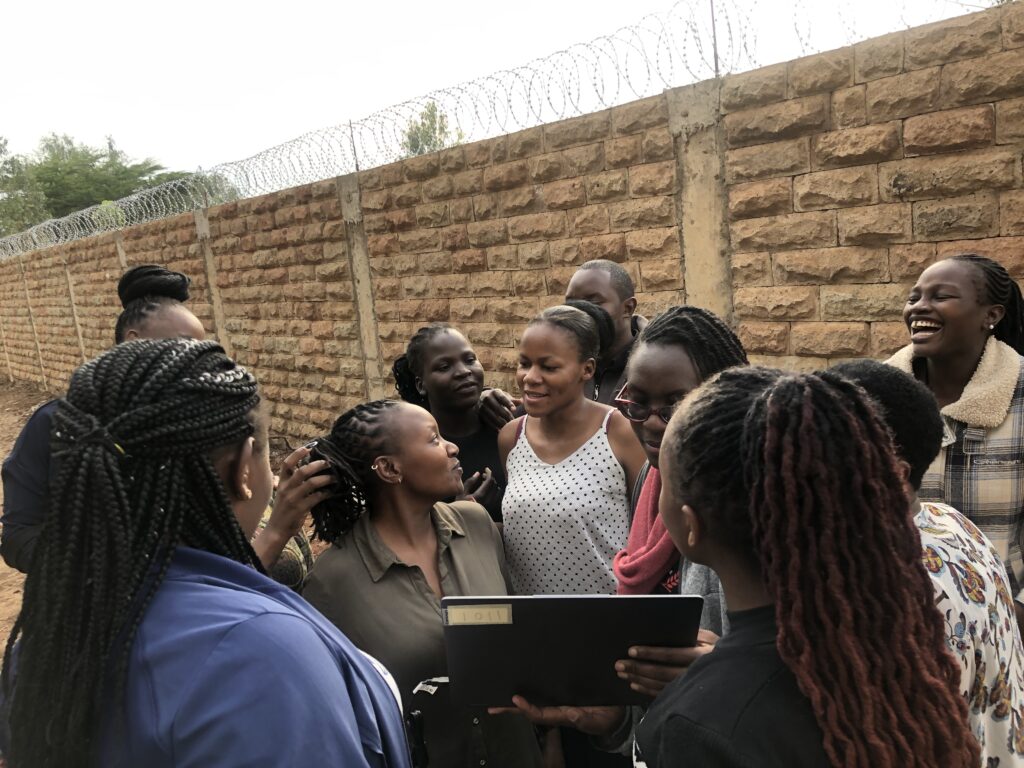
SPA pilot survey data collection was launched on January 29 and completed on February 29. Interviewers were divided into three teams of five consisting of one team leader and four female interviewers. The DHS Program, KNBS, and NCCHD monitored data collection by visiting teams, discussing data quality issues and challenges, and providing feedback on areas where teams had room for improvement.
The DHS Program and KNBS collected feedback from interviewers through daily reports, an online feedback survey, and a debrief meeting. These findings from the Kenya SPA pilot survey are being used to revise and fine-tune the SPA questionnaires and supporting tools including the sampling manual, sampling field forms, training materials, CAPI programs, and field check tables used to monitor data collection in real time. The cooperation of hundreds of people including MOH and NCCHD health experts, supervisors, interviewers, drivers, health facility administrative staff, and survey respondents including healthcare providers and clients made the SPA pilot survey a success.
Updated SPA questionnaires and supporting tools will be posted on The DHS Program website soon.
